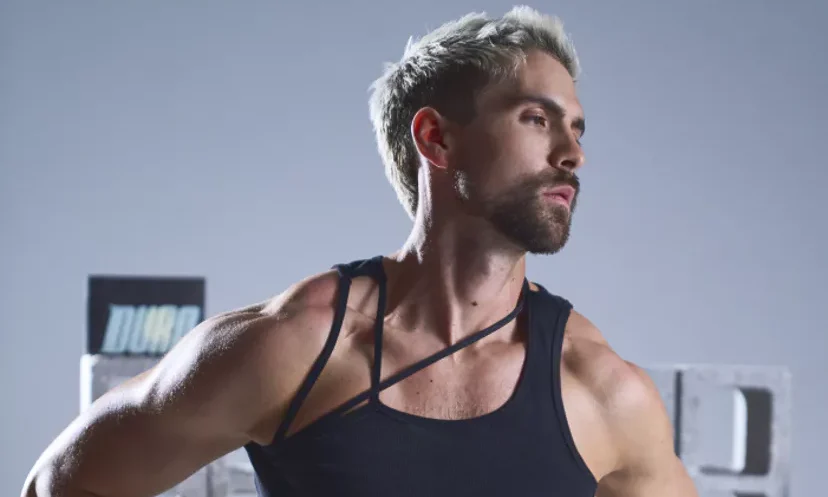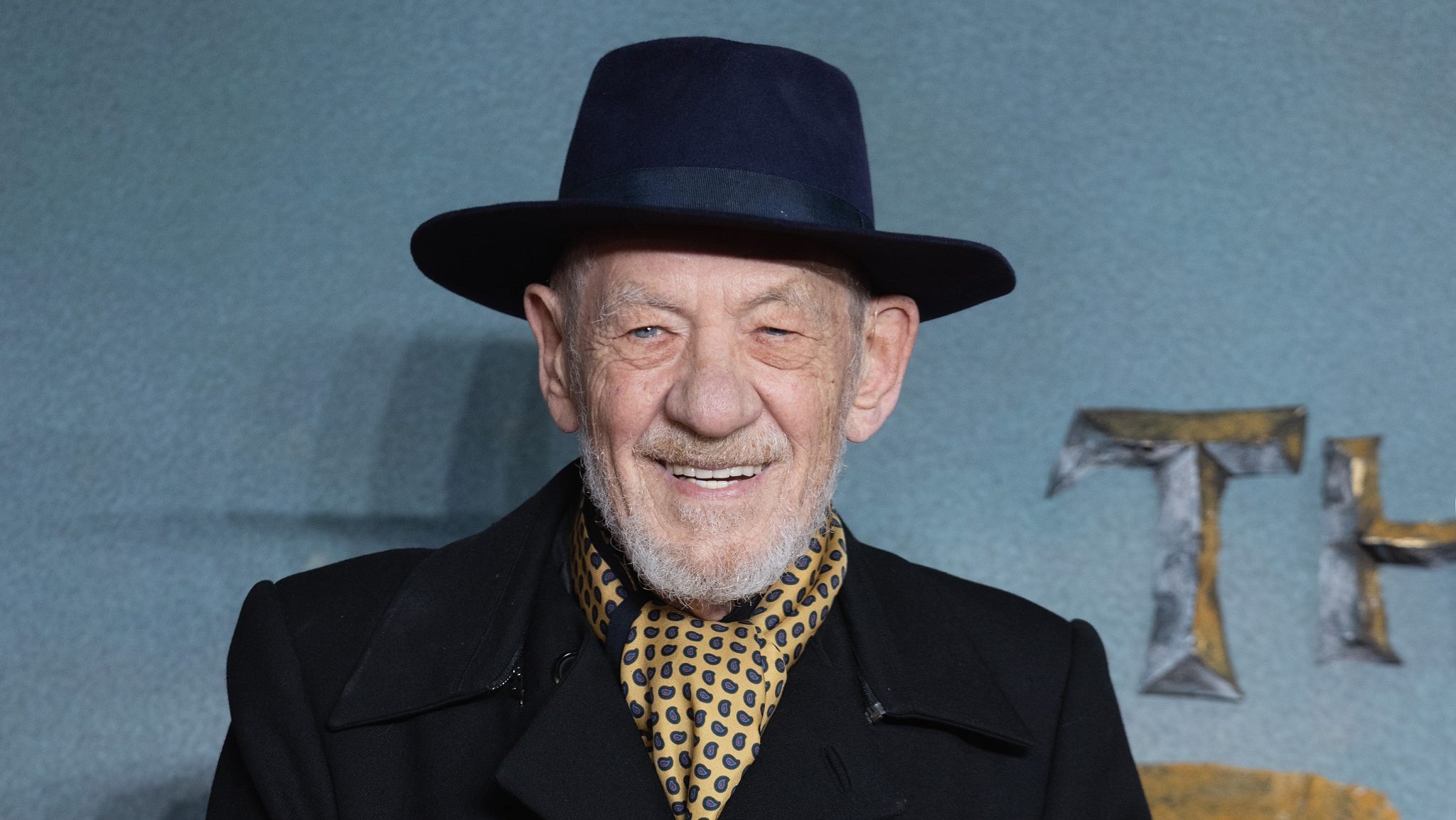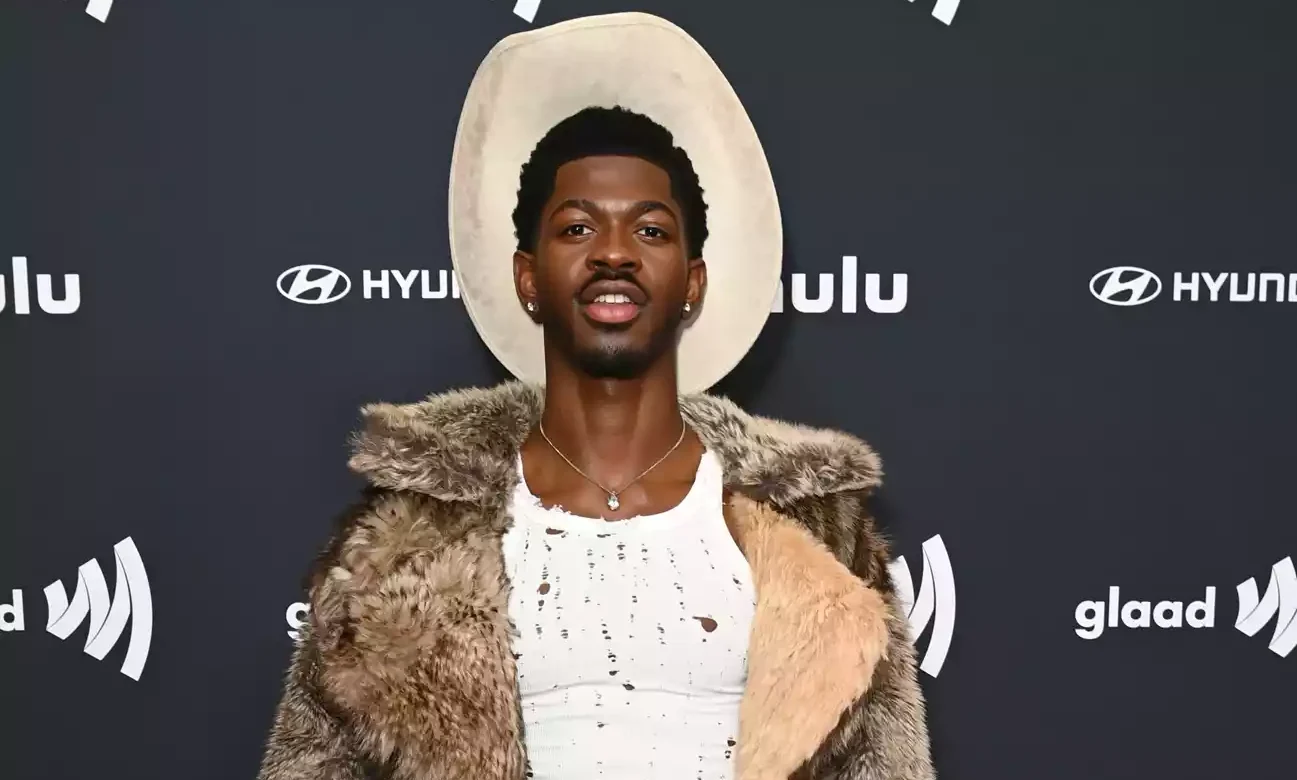Australian Pop Icon Becomes Eighth Woman Honored with the Ted Albert Award
Australian pop sensation Kylie Minogue will soon add another glittering accolade to her already dazzling resume. The “Padam Padam” hitmaker has been named the 2024 recipient of the Ted Albert Award for Outstanding Services to Australian Music, presented by the Australasian Performing Right Association (APRA).
Minogue will officially receive the award at this year’s APRA Music Awards on April 30, held at Melbourne Town Hall. She becomes only the eighth woman to earn this honor, which recognizes lifetime contributions to the Australian music industry.
View this post on Instagram
Pop Royalty Earns Her Flowers
Kylie Minogue’s career has been nothing short of iconic. First rising to fame in the late 1980s with chart-toppers like “The Loco-Motion,” she later reinvented herself for a new generation with early 2000s bangers like “Spinning Around” and “Can’t Get You Out of My Head.” Her influence has transcended decades and genres, culminating in last year’s dance-pop revival Tension, her 16th studio album.
Now, after over 35 years in the business, the industry is making it official: Minogue is music royalty.
“As one of Australia’s biggest and brightest stars, Kylie was an obvious choice for this award,” said APRA Chair Jenny Morris. “Her achievements over the past four decades are almost too many to count, and we are absolutely honoured to add the Ted Albert Award to her vast collection of accolades.”
Morris added, “Kylie’s huge body of work and stellar career have been a guiding light for so many Australian songwriters and artists who have looked up to her as a beacon of Australian music.”
A Select Circle of Honorees
Minogue joins an elite list of women who have previously been recognized with the Ted Albert Award. Mary Lopez was the first woman to win in 2012, followed by Judith Durham in 2013. Other trailblazing women to receive the award include Lindy Morrison, Fifa Riccobono, Helen Reddy, Joy McKean, and most recently, Colleen Ironside in 2023.
Trophy Case Goals
The APRA honor is just the latest in a long line of awards for the beloved singer. Minogue’s impressive collection already includes two Grammy Awards, four Brit Awards, 18 ARIA Music Awards, and two MTV Music Video Awards. Not to mention, she was recently immortalized with her own star.
With this latest recognition, Kylie Minogue’s legacy as an Australian music legend is more undeniable than ever — and if her latest album is any sign, she’s far from done.
Let’s just say it: the disco ball queen is still spinning.





















